What’s the link between menopause and Alzheimer’s disease?
I think we can all agree that Alzheimer’s is quite a scary word when it comes to anyone in our life, including ourselves. As usual, the research on women is far less than that of men, the first study on Alzheimer’s that even included women was in 1993, and there are still no women-only studies. However, recent research has shed some light on why there is a link between Alzheimer’s and menopause, which is a breakthrough for how we can manage the risks.
Oestrogen is essential to balance blood sugar because it regulates how we use insulin. Premenopausal women tend to have pretty good insulin sensitivity – even better than men of similar ages. However, as perimenopause and menopause occur, they bring with them an upheaval of hormone imbalance which ultimately causes oestrogen levels to drop dramatically as the ovaries stop producing it. This drop therefore alters our insulin sensitivity and can unfortunately lead to insulin resistance and conditions such as diabetes as our bodies struggle to manage the often high quantities of sugar in our diet.
So how is oestrogen linked to the brain?
Similarly to our blood sugar needing oestrogen for regulation, our brain also needs oestrogen to regulate brain energy levels, cellular growth and communication – Alzheimer’s disease is even referred to as type 3 diabetes of the brain due to its association with insulin. Recent research has found that Alzheimer’s disease is linked to impaired glucose metabolism in the brain, and Alzheimer’s disease related plaques were found in 30% more woman in mid-life than men, and women also had 22% lower glucose metabolism than men. The main predictor of these changes was found to be menopause due to the drop in oestrogen and progesterone.
Because of advances in brain imaging, the beginnings of Alzheimer’s disease plaques can be picked up as early as 20 – 30 years before symptoms develop, so although we don’t have a cure for Alzheimer’s, it is really important for women especially in mid-life to adopt healthy lifestyle changes to help reduce the risks of the disease developing.
What can be done?
Balance blood sugar
This is essential for managing how we use glucose in the brain and the body, and it helps reduce weight gain. Instead of making the centre piece of your meal refined carbohydrates like bread and pasta, focus on including more healthy proteins like eggs, tofu, lean meats and fish paired with good quality fats such as avocado, nuts, seeds and oily fish.
Exercise
Not only does exercise help regulate blood sugar but it increases brain derived neurotropic factor which is a known contributor to neuronal health. Even just walking briskly for 30 minutes a day can make a big difference.
Manage stress
When we are stressed, certain hormones increase e.g. cortisol, epinephrine and glucagon, which can increase insulin resistance, and also interfere with brain function if on a chronic level. Try to incorporate one stress relieving activity into your daily routine, for example yoga, meditation/breathing or reading.
Sleep
Getting enough sleep (at least 7 hours a night) is so important for overall health, including your brain. If you’re having trouble sleeping due to hormone imbalance try to practice good sleep hygiene, for example not using phones/tv for an hour before bed, ensuring the bedroom isn’t too hot, making it as dark as possible, having a set bedtime/wake up time, reducing alcohol, and getting out into natural light in the mornings.
Hormone replacement therapy (HRT)
Always a hot topic of controversy, but some research has shown that women who were taking HRT had less negative brain changes than women who were not taking it. However, more large scale research is needed, and the point at which you start taking HRT may be quite influential to how it acts. It is important to always consult a doctor about the use and types of HRT that may be right for you.
If you are concerned about hormone imbalance or you need support with your perimenopause symptoms we’re here to help. Book your free discovery call or contact us.




